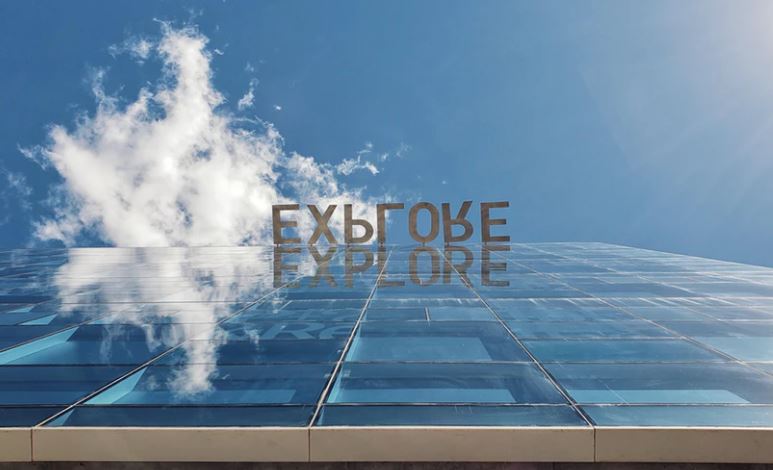The power supply in many African countries, including the African giant Nigeria, is often a bit unstable. The fact that solar energy is becoming more affordable is good news for small business owners in Nigeria. Anyone whose business is dependent on high power consumption now faces a brighter future with lower costs.
Investing in Solar Energy for business
Business owners in Nigeria who have invested in solar energy for their business have said that they are saving huge amounts monthly on electricity costs. The reduction could be somewhere between 8 and 12 Naira (ca 2-3 US Cents) per kWh in Nigeria. That amounts to almost a 50% reduction.
- Renewable Energy Projects Awarded to Leading Companies in West Africa
- Lower electricity bills in Nigeria with these 10 simple tricks
- Installation of 900, 000 free meters is now ongoing in Abuja
Solar panels typically have a lifetime of 30 years or more. They require almost no maintenance, except for the occasional cleaning.
As many Nigerian based business owners have experienced, the power grid can be very unstable. Solar power systems, reduce their dependency on the grid. With a battery, the system becomes even more reliable than the power supply.
Global warming is becoming an increasing concern for many. With solar panels, a business in Nigeria will also be saving the environment.
More so, it is possible to sell excess power from the solar panel to the local power providers or other businesses and make from it.
Things to know before installing a solar panels for business in Nigeria
- A business that is hugely dependent on electricity can consider switching to solar eneegry and installing the panels.
- Make the business premises suitable for solar panel installation and for storage equipment. A solid roof structure can be a great place to install solar panels.
- Consider the climate. There are greater benefits for a business that is located in a sunny region.
- Rensource Energy Supplying Local Markets With Solar Power – Secures $20M Funding
- How to Use Ikeja Electric Safety App, i-safe – Step by Step

Both solar panels, batteries, and other components can be found at most big African retail shops. For a 300W solar panel, expect to pay somewhere around 150 to 300 dollars. Other components needed to get a solar system running include:
- Cables and wires: To connect to the panels.
- Fuses: To protect against short circuits.
- Meter and controller: To control the amount of power going into the system. This is especially important for those having batteries, as it will help secure the lifespan of the batteries.
- Batteries: For an even better system, it is possible to install deep cycle batteries where excess energy will be stored and used at night when the sun is gone or when it’s raining.
- Inverter: Is needed if you plan to convert DC output into AC voltage.




